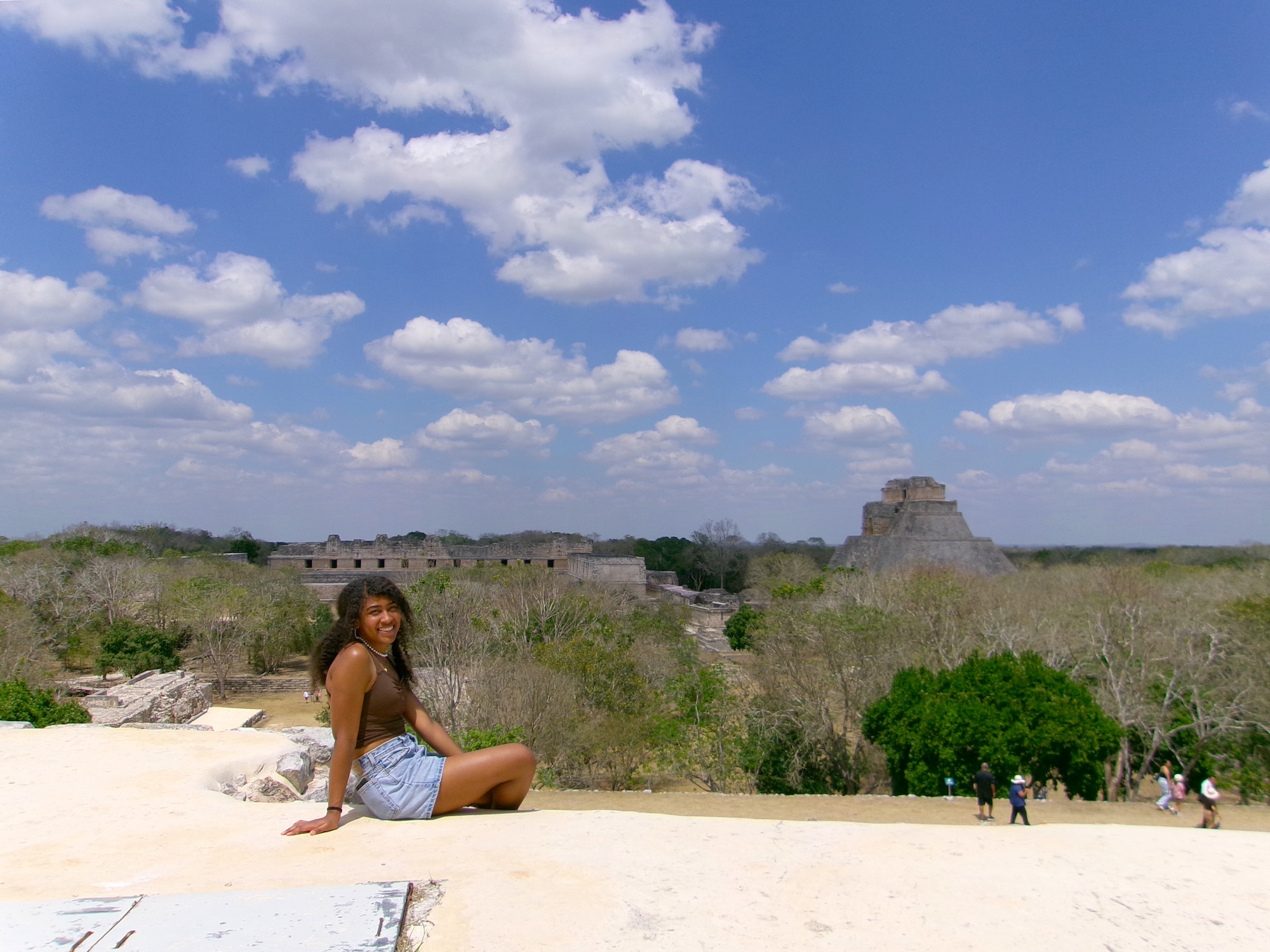Familia: How Moving 2,700 Miles Away from Home Brought Me Closer to My Family


Marina, ¿por qué viniste a México? ¿Es porque tu familia es de aquí?
I smile and nod warmly at my host mom’s question. Yes, I chose to come to Mexico because my family is from here.
This answer seemed self-explanatory, the same way it’s simple to say that I’m Mexican when asked what my ethnicity is. But the weight of this reason for coming here, my family, is part of a deeper interrogation: To what extent is my identity informed by my family? How does coming to Mexico draw me closer to them?
While here, I’ve gained clarity on my answers to these questions in fragments.
What I learned from my host family
My host mom shows me her family tree, with the names of over 6,000 people that came together so that she could be alive at this time. She says she wishes she could have heard more stories. She urges me to ask questions so my family histories aren’t lost. I think about the generational distance between me and my grandparents, immigrants from Mexico, unsure of how far back they could go in their family tree in the context of movement.
I’m having dinner with a friend, eating one of the best sopes I’ve ever had. I tell them I think I’m struggling to improve my Spanish because it feels like something I should already know, like something that I should have corrected. He resists this idea. We talk about how people often feel the need to make themselves fit perfectly into marginalized identities, even if it’s constructed from what they see in media. It makes more sense to just accept who you are without inferring what you should be.
Connecting with family back home
I’m on the phone with my mom. We speak in Spanish. Even though she’s spoken Spanish her whole life, we both question whether we’re saying things right—her because she spoke Spanish only with her parents, and me because I only spoke Spanish at school. We laugh about our mistakes, delve into chisme (gossip), and help each other improve. As she tells me stories of her childhood and about where in Mexico my grandparents are from, I feel I’m learning exactly how I should be.
I walk down the street and kook twice when I see my host tía (aunt) and host prima (cousin).
“¡Hola Marina, vivimos aquí,” they say shouting and waving from across the street. I hadn’t realized they lived so close. I smile and wave back. It reminds me of my extended family members back home, who live within five minutes of each other. This proximity reflects the values they’ve instilled in me, prioritization of family, generosity towards one another, and ensuring we are cared for.
To answer my questions, although I didn’t experience everything my family members have experienced, I carry their values. My identity is uniquely my own, so this process of learning Spanish, rediscovering family histories, and finding pieces of familiarity in Mexico shapes who I am in my own time.
Marina S. | Pomona College | IFSA Mérida Universities program in México| Spring 2025